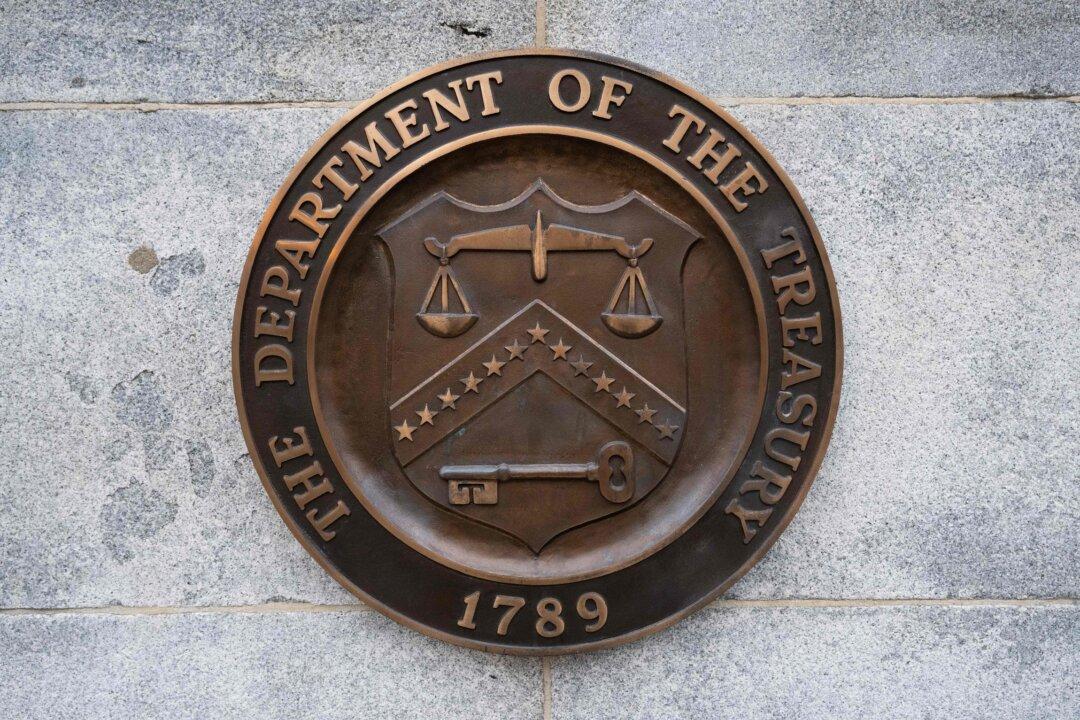The U.S. Department of the Treasury recently proposed new rules that seek to strengthen regulations against money laundering and terror financing and to ensure such security programs are effective in the current scenario.
The proposed rule targets anti-money laundering and countering the financing of terrorism (AML/CFT) programs implemented at financial institutions like banks. It requires entities to adopt more stringent policies to counter such activities.





